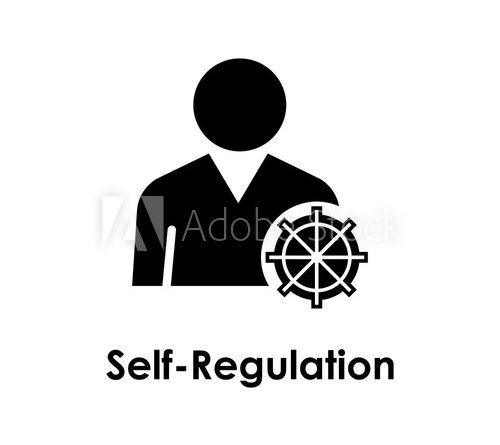Self-Regulation
The US commercial litigation finance industry has been estimated by some as a 5 Billion Dollar industry, although much of the industry’s capital sources are opaque and not well-tracked. While the absolute number is not important, it is fair to say it is a relatively small market in the context of the US economy. However, it is also a fast-growing market. As markets gain notoriety and generate strong absolute returns, they can also be attractive for undesirable market entrants. The industry is now large enough to be organized and capitalized in a meaningful manner and at a point in time in its evolution that will make it effective in ensuring that ‘undesirables’ don’t enter the market, to the benefit of all market participants.
While the benefits of an industry association are generally well known, the commercial litigation finance industry also stands to benefit mainly through its self-regulation. The world of litigation finance is a relatively new area of finance and is a relatively complex one, both from the perspective of capital provisioning, as well as the terms of the financial reporting of outcomes. Further, commercial litigation finance solutions are highly customized for the case or portfolio of cases, and so the application of a ‘cookie-cutter’ regulatory framework could be dangerous. The last thing the industry needs is to be regulated by someone unknowledgeable about litigation finance. The potential for unintended consequences, similar to what has happened in certain states on the consumer side, is a great example of why the industry should self-regulate.
Besides, the legal profession is already highly regulated. The profession itself has numerous rules covering ethics and rules of civil procedure. One could argue that the last thing the profession needs is another rule. I think what is more important to the consumers of litigation finance is transparency about how it works and an internal monitoring function to ensure adherence to existing rules. These are best crafted by those involved in the daily workings of commercial litigation finance.
The biggest concern is that litigation finance becomes a political platform issue that results in legislative reform that ultimately harms consumers more than it helps, and then those same reforms make their way into the commercial side of the market. This is an area where a strong association liaising with other closely aligned associations can combine their resources to protect their collective interests.
Topics: Legal Profession | Ethics and Rules | Litigation Finance
Works cited:

